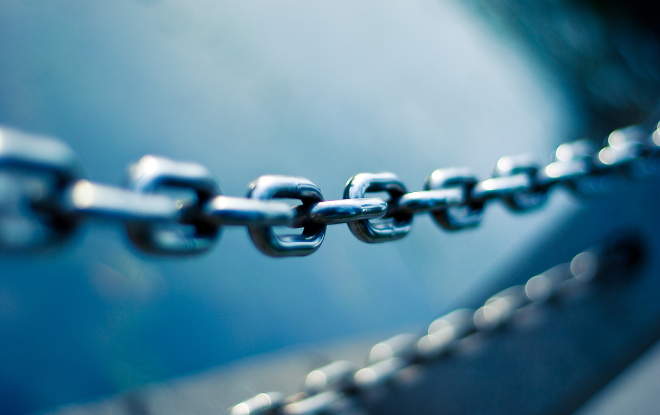The government has announced widespread support from Kiwis for proposed modern slavery law
9176 0
In April, we invited you to make history by making a submission in support of New Zealand's first law to address modern slavery and worker exploitation in supply chains. We were blown away by the response that saw more than 1,400 of you make your collective voice heard.
The Ministry of Business, Innovation, and Employment (MBIE) received more than 5,600 submissions and has released a summary of the feedback received on their legislative proposal.
Tearfund is elated with the overwhelming support from New Zealand businesses, organisations and individuals for a modern slavery law in Aotearoa. This support reflects the belief that tolerance of modern slavery and exploitation in supply chains is inconsistent with Kiwi values. As one submitter shared: “Kiwis care about fairness and dignity as demonstrated by this Act. Modern slavery goes against Kiwi values, and we need laws to do everything we can to stop it from existing in Kiwi supply chains.”
We have seen this groundswell as shoppers become more aware of the impacts that their buying decisions have on the people who make our clothes. We have also seen consumers realise the power they have to help make change.

Judging by the thousands of signatures on the petition, the numerous submissions and the fact that most submitters think New Zealand isn’t taking enough action to address modern slavery and worker exploitation—it is abundantly clear that New Zealanders want this legislation.
In collaboration with World Vision and Trade Aid, we asked for a law that:
- - Applies to international and domestic supply chains operating in Aotearoa New Zealand, to companies of all sizes, and private and public sectors;
- - Provides for action, not just words. A due diligence element that requires companies to identify risks and cases of modern slavery and exploitation and take action to address what they find. From there, they should publicly report on those actions and the impacts they’ve had;
- - Includes penalties for non-compliance, as this will set the law up from the onset to create positive change and help create a level playing field for all businesses.
We’re thrilled that there was strong support for these core elements. The Summary shows that most people supported a law that applies to companies of all sizes and sectors, and one that would require all companies to take action to address modern slavery in supply chains. People also agreed that:
- - All companies with control over New Zealand employers should be required to undertake due diligence to prevent, mitigate and remedy modern slavery and worker exploitation by those employers (90 per cent support);
- - Medium (>$20m) and large (>$50m) companies should be required to disclose the steps they’re taking to address modern slavery (87 per cent support);
- - Large companies should be required to meet due diligence requirements to address modern slavery internationally and modern slavery and worker exploitation domestically (94 per cent support).
There was also support for companies to remedy any harms they’ve caused and for a public database where people could access disclosure statements. This level of transparency would provide people with information that could be hugely supportive in making ethical purchasing decisions.

While we have seen progress in the fashion industry over the years, this proposed law is a significant step forward in helping the fight for justice for those exploited in the process of making the goods Kiwis buy.
Next steps:
The Summary of Feedback will now be presented to the Minister for Workplace Relations and Safety, Hon. Michael Wood for his consideration and direction.
Your support has sent a strong signal to the government to urgently introduce robust legislation to address modern slavery and worker exploitation in New Zealand supply chains. We hope to see a law passed swiftly so that the people who make the products we buy can have a better chance of being treated fairly and with dignity. This is a proud moment in our history, and we can't thank you enough for your support.